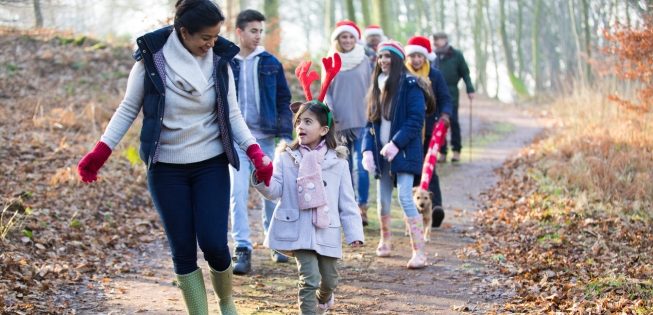
Helping kids of all ages to live a more active life through FUNctional movement.
Welcome to Play On Pediatric Therapy
Call

As parents, we often find ourselves wondering about our child’s development, particularly when it comes to physical coordination. It’s natural to want to ensure that our little ones are developing the skills they need to thrive. But how do you know if your child is coordinated enough? In this blog, we’ll explore what coordination means, the stages of motor skill development, and tips for fostering your child’s physical abilities.

Separation anxiety is when a child has a difficult time leaving or being away from their parent(s)/caregiver(s). Although this is a normal stage of development, when it continues for too long and causes extreme emotional distress for the child and adults, it can impact activities of daily living and learning. Learn more about separation anxiety and how to support your child with it.

Summer is coming! And for some families this is a time of excitement as you look forward to a change of pace, some family vacations, or a much needed break from school-year demands. For others, the impending transition from school routine to summer can be daunting and lead to chaos. Parents play a crucial role in helping their children transition from the school routine to the summer routine.

You may have heard the term in-toeing or pigeon-toed walking, which refers to when feet are pointing inwards in standing and/or walking. This may be noticed in your baby and then become more evident as they grow and learn how to walk, run, and play sports. Some kids may naturally outgrow this without any challenges, and others may not. Read on to learn more about this and some options, like pediatric physiotherapy, to help your child.

As a parent of a child with neuromuscular conditions such as Cerebral Palsy (CP), you understand the unique challenges and joys that come with nurturing their growth and development. Alongside medical care and therapy, integrating strength training into your child’s routine can be a powerful tool in promoting their overall well-being, confidence and independence. In this blog, we’ll delve into the significance of strength training for children with CP, explore some effective ways to get started, and discuss crucial safety precautions to ensure your child’s safety and progress.

Starting solids with your baby is an exciting time & milestone, and also can be very nerve-wrecking. Following some key tips may help your child develop a well rounded palette and help your nerves with this new skill stay calmer.

If your child is struggling with potty training past the age of 3 or 4, it’s essential to approach the situation with patience, understanding, and the right strategies. In this blog, we will explore some effective strategies, taking a pediatric physiotherapy and occupational therapy perspective, to help your child overcome potty training difficulties.

Dysregulation is a common thing that most kids experience as they grow. Learn the top 4 reasons why learning to coregulate with your dysregulated child work.

It can be hard to stay motivated to move in the winter months, especially in colder weather. Making physical activity a fun, family affair can make it easier. Here are some ideas to make getting in movement fun!

Tying shoelaces may seem like a small task, but for school-aged children, it can be a significant milestone in developing fine motor skills and fostering a sense of independence. If a child can’t do this easily and independently, it may lead to frustration and embarrassment. Find out strategies to support this.


Helping kids of all ages to live a more active life through FUNctional movement.
Call us anytime

Recent Comments